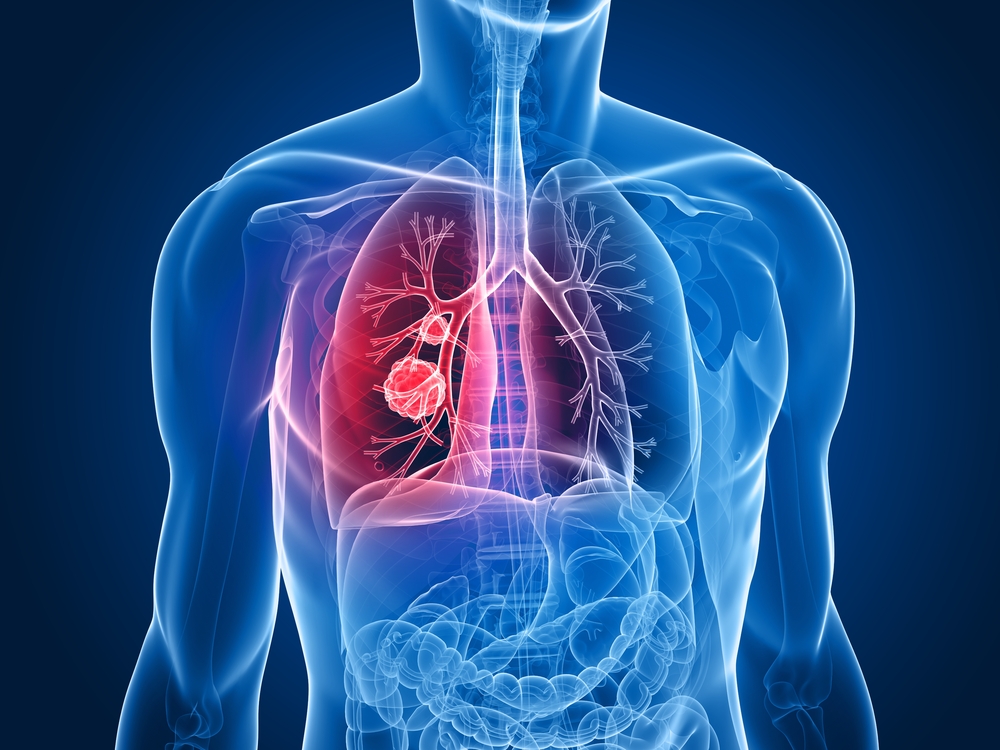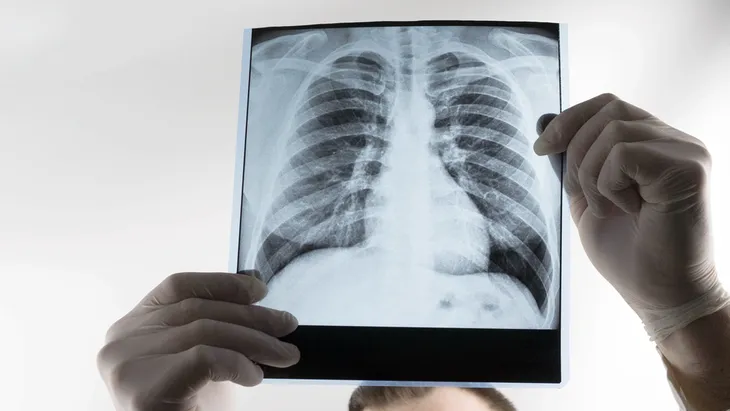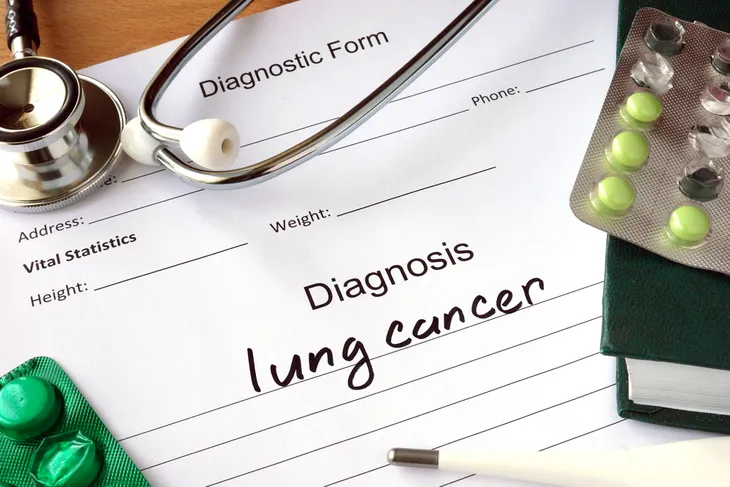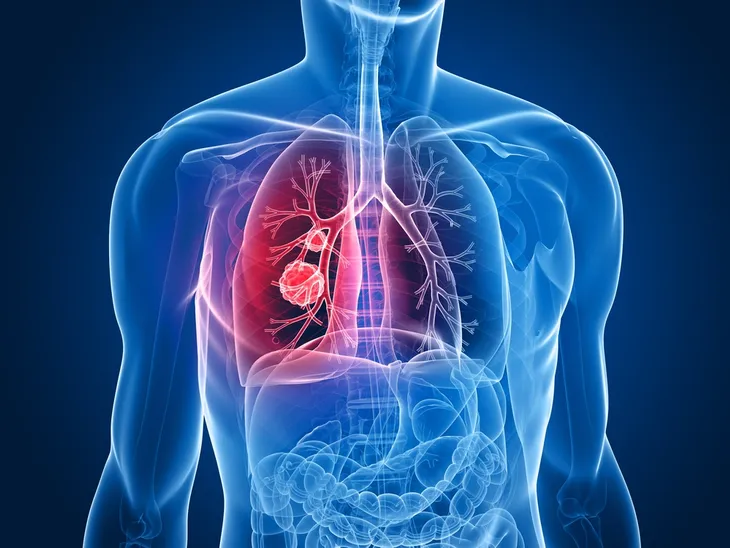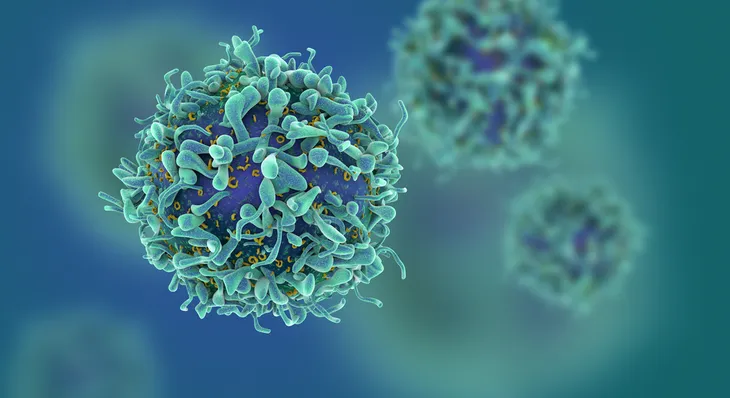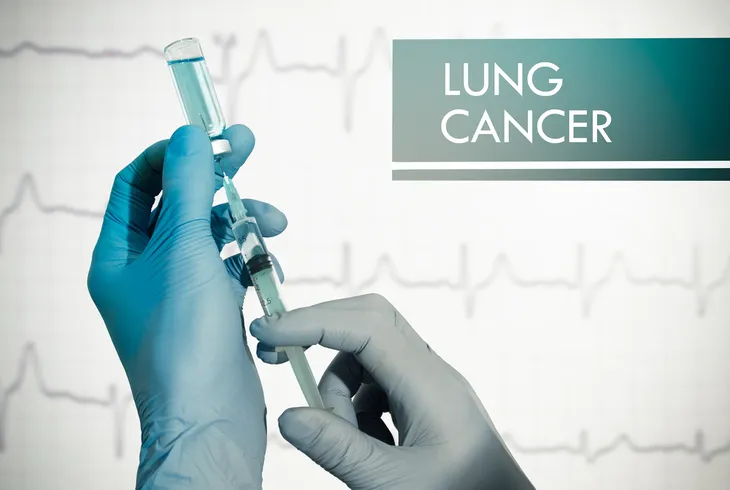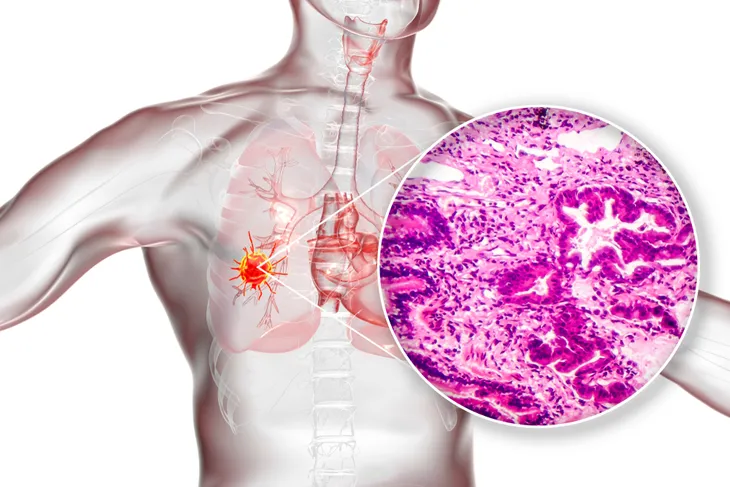Lung cancer accounts for around 27-percent of all cancer fatalities worldwide, according to the International Association for the Study of Lung Cancer (IASLC). That’s more fatalities than colon, breast, and prostate cancers combined.
Luckily, medical scientists have been hard at work over the years working on more effective therapies in light of a cure. Let’s look at some therapies for lung cancer that are making a difference for patients. Six targeted therapies for lung cancer are…
Angiogenesis Inhibitors
The American Cancer Society notes that cancerous lung tumors develop their own blood vessels in order to grow (this process is medically known as angiogenesis). However, there are some drugs that have been developed that directly target this process, which often has less severe side effects than chemotherapy, according to the source.
These drugs for non-small cell lung cancer (the most common form of lung cancer) include bevacizumab (Avastin) and ramucirumab (Cyramza). The role of these drugs is to inhibit the formation of blood vessels in the tumor, essentially helping to starve them out. Chemotherapy is sometimes used in conjunction with these drug therapies.
Kinase Inhibitors
Kinase inhibitors work by limiting kinases (enzymes) that are responsible for cell growth and reproduction, explains the Cancer Treatment Centers of America. One of the drugs, called crizotinib (Xalkori), “disrupts certain pathways in the cell, which can prevent the growth of tumor cells.”
This treatment is specifically designed for a type of lung cancer in which anaplastic lymphoma kinase (ALK) is overactive. This medication is taken orally, so there are no invasive procedures required. Another example of a kinase inhibitor is dasatinib (Sprycel), which is typically used to treat leukemia (cancer of the bone marrow/blood).
Epidermal Growth Factor Receptor (EGFR) Inhibitors
EGFR is a protein on the surface of cells, notes the American Cancer Society. It is one of the key factors in helping cells grow and divide.
In the case of non-small cell lung cancers, there can be too much of this protein that causes cancer cells to thrive. These particular drugs—erlotinib (Tarceva), afatinib (Gilotrif), and gefitinib (Iressa)—”block the signal from EGFR that tells the cells to grow,” explains the source.
Apoptosis-Inducing Drugs
The Canadian Cancer Society describes this other targeted therapy for lung cancer, which is related to the natural process of cells dying (apoptosis). In short, sometimes cancer cells don’t get the message that they’re supposed to die, making them in essence immortal.
These drugs restore the communication and help cancer cells die off naturally and are designed to “interfere with certain proteins or enzymes involved in cell growth and survival,” notes the society. This type of therapy can also make the cancer cells more vulnerable to chemotherapy.
Lung Cancer Vaccines
There are vaccines already out there designed to strengthen the immune system to fight off a variety of cancers, but one that was developed in Cuba is made specifically to target lung cancer.
A vaccine to treat non-small cell lung cancer called CimaVax EGF has arrived in the U.S. in 2016, according to an article in CHEST (the newspaper of the American College of Chest Physicians). The vaccine works by “stimulating a patient’s own immune system to make antibodies against epidermal growth factor,” notes the source. The early studies for this drug began in Cuba in 1992. It was found through research that the vaccine is more successful when administered before and after chemotherapy.
Molecular Targeting for Adenocarcinoma
Adenocarcinoma is a cancerous tumor that begins in the glandular lining of an organ (in this case, the lungs). OncoLink explains that the “most dramatically successful targeted agent to date” is called imatinib(Gleevec), which inhibits the kinase enzymes in leukemia.
While it’s effective for other types of cancer, the 2013 post on OncoLink explains, “There is tremendous interest in developing similar approaches to target molecular abnormalities in lung cancer as well as other solid tumors.” Sources note this therapy is now also being used for skin cancers, as well as tumors of the digestive system.
